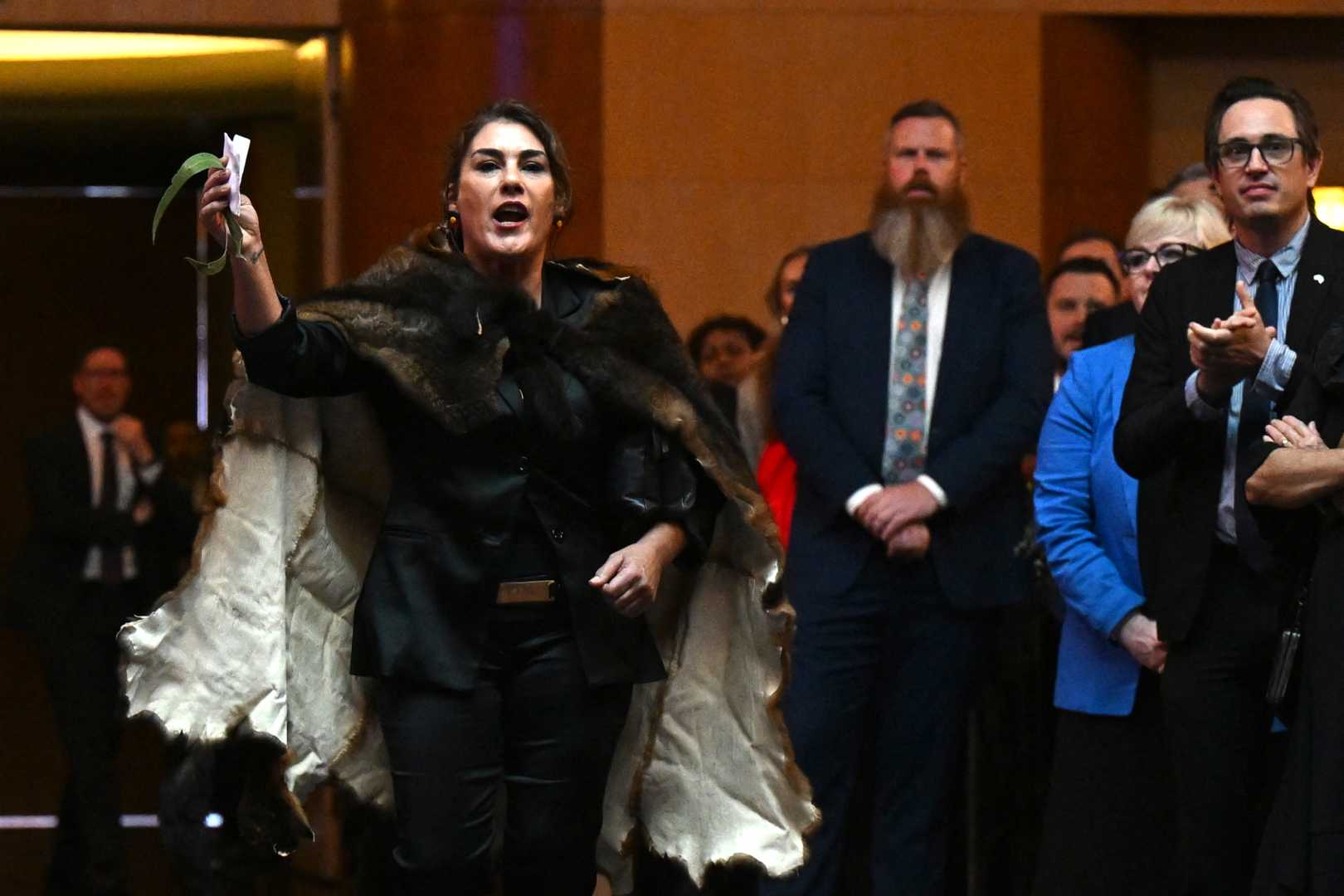News
King Charles III Heckled by Australian Senator Over Genocide Accusations

King Charles III faced a significant disruption during his visit to Australia on Monday when he was heckled by an Indigenous senator who accused him of “genocide.” Lidia Thorpe, an Aboriginal independent lawmaker from Victoria, interrupted the proceedings as Charles concluded his speech at Parliament House in Canberra.
Thorpe approached the stage and vocally challenged the king, saying, “You are not my king. You are not my sovereign. You committed genocide against our people.”
Her protest continued as she demanded, “Return what you have taken from us — our bones, our skulls, our babies, our people You have destroyed our communities.” Despite her vocal objections, Charles did not visibly react and instead engaged in a quiet conversation with Prime Minister Anthony Albanese. Thorpe was eventually escorted out by security personnel.
This incident highlights the ongoing tensions between the British monarchy and Australia’s Indigenous population. Australia has a history of British colonial rule, during which it is estimated that British settlers executed over 400 massacres against Aboriginal and Torres Strait Islander peoples, resulting in thousands of deaths. Today, the Aboriginal population continues to grapple with systemic racism and discrimination.
Thorpe, who has been a vocal opponent of the monarchy, has previously made headlines for her protests. Upon her swearing-in as a senator in 2022, she was asked to repeat her oath after referring to the then-reigning monarch as “the colonizing Her Majesty Queen Elizabeth II.”
The visit by King Charles III and Queen Camilla marks the first time a reigning British monarch has visited Australia in 13 years. It is also Charles’s inaugural overseas visit as king and his first major international engagement since his cancer diagnosis. The trip comes at a time when discussions about breaking away from the British monarchy are gaining traction in Australia.
Prime Minister Albanese, a lifelong proponent of republicanism, acknowledged the republican sentiment in his remarks prior to the king’s speech but emphasized that organizing another referendum on the issue is “not a priority” for his government at this time.












